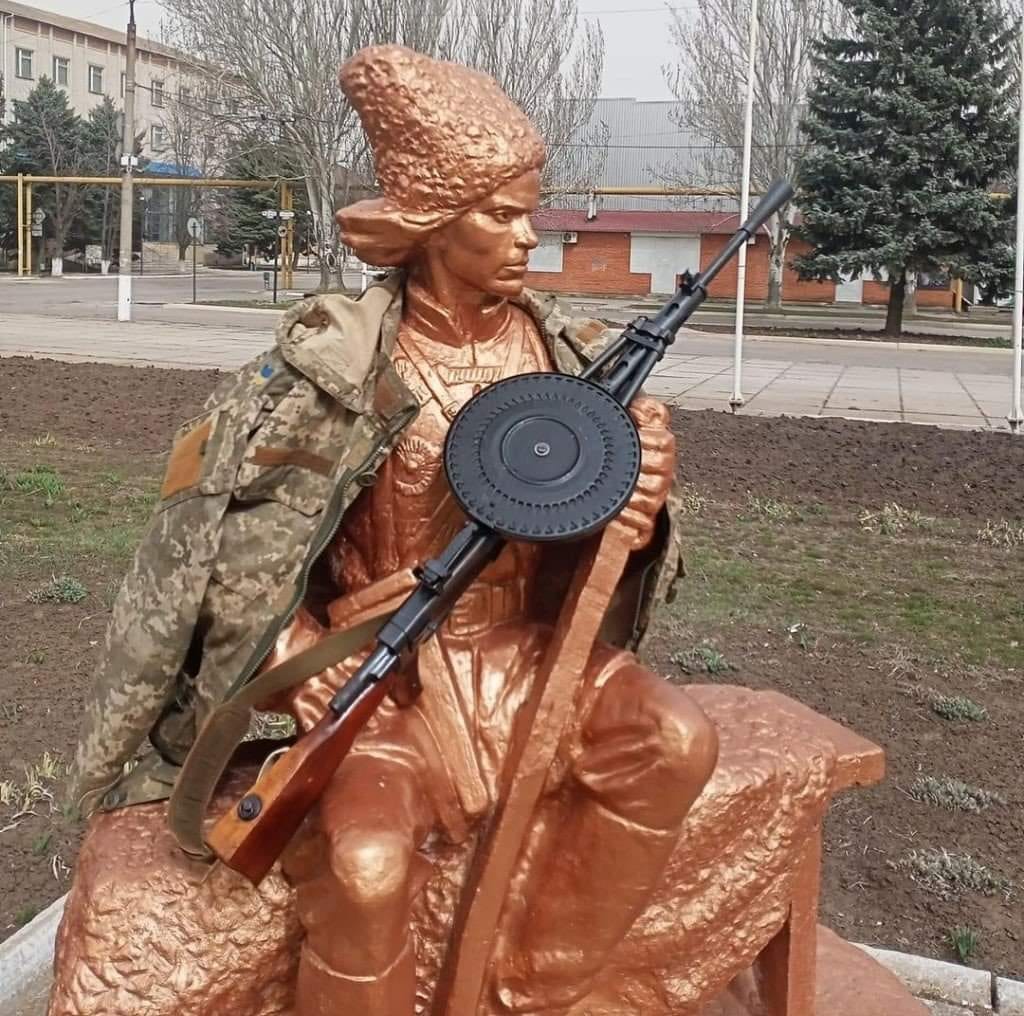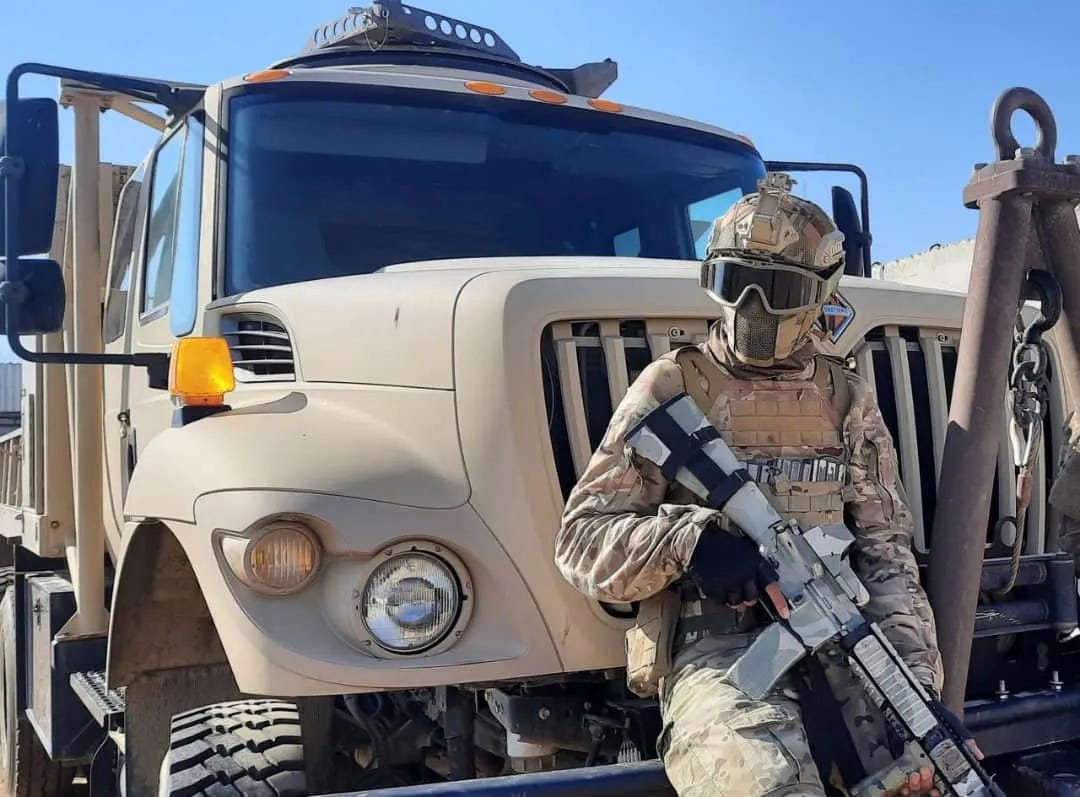MW Weekly: Uyghur Jihadists Active in Syria and Afghanistan; Tajikistan Repatriates Islamic State Families; Myanmar Government's First Executions since 1988
Turkistan Islamic Party Militants Remain Active in Syria and Afghanistan
The United Nations Security Council (UNSC) released a new report on July 15 that includes notable updates, based on member state claims, about the Turkistan Islamic Party (TIP) branches’ respective operations in Afghanistan and Syria.
One UN member state reports that the leadership of the Turkistan Islamic Party is active in Afghanistan’s Baghlan Province, where it “has re-established its main base”. The UNSC says the TIP “reportedly rebuilt several strongholds in Badakhshan, expanded its area of operations and covertly purchased weapons, with the aim of improving its capabilities for terrorist activities.” The report adds that the group has strengthened its ties with the Pakistani Taliban and the Tajik Jamaat Ansarullah organization.
TIP is said to be actively training in Afghanistan, improving its combat readiness and bomb-making abilities with the intent to “carry out terrorist attacks against Chinese interests in the region when the time is right.” However, the report asserts the Taliban has likely restrained the TIP’s ambitions to strike Chinese interests.
Additionally, the report says one member state observed the defection of 50 TIP fighters to the Islamic State Khurasan Province (ISKP) and claims the group’s operational commander in Badakhshan, Qari Faruq, was approached by IS recruiters. ISKP is apparently able to attract such fighters by paying higher salaries.
Some UN member states estimate the Turkistan Islamic Party’s ranks to include between 1,000 and 2,000 fighters. The report notes, that in Syria, the TIP is primarily active near Idlib and is closely aligned with Hayat Tahrir al-Sham (HTS).
It is said that the TIP operates gas stations and other businesses in Idlib to support the group’s battlefield activities, also noting that the group regularly holds armed training sessions to maintain its combat ability.
Brody McDonald, Associate Fellow with the Global Network on Extremism and Technology, describes the TIP as “one of the most committed and experienced groups of foreign fighters active in the conflict”, adding that, despite HTS’s crackdown on rival Jihadist-Salafist groups, “the TIP/ETIM have accepted HTS’s authority over Northwestern Syria and cooperate closely with HTS in their operations against both the Assad regime and other rebel factions.”
About TIP financing operations, Jessica Davis, President of Insight Threat Intelligence, says that groups like the Turkistan Islamic Party tend to “take over businesses that they have inroads with - either someone in the group already operates some (so they have a native ability to manage) or because they’re plentiful in their area of operations.” Davis purports such “businesses help sustain an organization and can also give them an avenue for legitimate movement of funds, in which they can hide other financial transactions through the commingling of funds.”
Tajikistan Repatriates 146 Women and Children from ISIS Families in Syria
Reports emerged on July 26 about Tajikistan repatriating scores of IS-linked women and children from a Syrian refugee camp. Of the 146 individuals, 42 were adult women and 104 were children.
During the rise of the Islamic State’s caliphate in the mid-2010s, it is estimated that over 1,000 Tajik nationals joined the organization. When local forces and the US-led coalition rolled IS territory back by force, hundreds of Tajik militants’ family members were placed in detention and humanitarian camps.
Raffaello Pantucci, a Senior Fellow at RSIS, says he is surprised the repatriation took so long, “given how long the Tajiks have been talking about doing it and how long ago they said it had been agreed.” He adds that the delay may have, in part, been due to Dushanbe communicating and coordinating with both the Syrian government and the Kurds.
The surge in Islamic State influence amongst some Tajik sympathizers exacerbated various security challenges and created new problems for Tajikistan. IS has been able to successfully conduct lethal attacks inside of Tajikistan and has targeted its borderlands. In July 2018, IS militants drove a car into a group of cyclists after which the passengers exited the vehicle with weapons, killing four foreigners. The following year, IS gunmen clashed with Tajik border guards and police on the Tajikistan-Uzbekistan frontier.
Further, IS forces have been involved in multiple deadly prison riots inside Tajikistan. One occurred in the northern city of Khujand in November 2018, which apparently killed 23 inmates and two prison guards, and the other in a facility located east of Dushanbe in May 2019, which killed three prison guards and 29 inmates, including three opposition politicians.
More recently, in early May 2022, Islamic State forces in northern Afghanistan fired a volley of rockets across the Amu Darya River onto Tajik soil.
Myanmar Government Conducts First Executions Since 1988
This week, the military-led government of Myanmar (Burma) executed four activists accused of having ties to militant groups currently fighting the armed forces (known as the “Tatmawdaw”), marking the country’s first official cases of capital punishment since 1988. However, the United Nations Security Council estimates that tens of thousands have been killed, some extrajudicially, by the Tatmawdaw and hundreds of thousands displaced since the start of the genocide against the country’s ethnic minority Rohingya group in 2016. The victims of extrajudicial killings have grown in number and beyond the scope of targeting Rohingyas since the resumption of an armed multi-ethnic insurgency in the country, following a successful military coup d’état against the civilian government in 2021.
On July 25th, 2022, it was announced in a state-backed newspaper that Phyo Zeya Thaw, Kyaw Min Yu (aka “Ko Jimmy”), Hla Myo Aung, and Aung Thura Zaw had been executed by the government, following a secretive closed-door military tribunal. Phyo Zeya Thaw was the former frontman of the Burmese hip-hop group Acid, who became a pro-democracy activist and later a member of Aung San Suu Kyi’s National League for Democracy. Ko Jimmy was “a veteran of the 88 Generation Students Group - a Burmese pro-democracy movement known for their activism against the country's military junta in the 1988 student uprisings.” He served multiple prison stints for activities critical of the previous military regime prior to the country’s brief transition to civilian rule and was eventually released in 2012. Both men were sentenced to death on anti-terrorism charges for offenses allegedly involving “explosives, bombings, and financing terrorism.” The other two individuals, both of them lesser known than the former pair, were charged with murdering a woman that they allegedly suspected of being an informant to the military junta. All four people are thought to have been hanged, but that is not entirely certain.
Not long after the executions were announced, an unknown person or party draped a banner from a bridge in the capital of Yangon that read: “be ready to pay for the blood debt,” with the names of the deceased beneath the warning.
Conflict Photos of the Week




What We Are Reading
• “An Islamic State group affiliate's threats to Central Asia are opening diplomatic doors for Afghanistan's Taliban rulers, particularly in Uzbekistan, which fears the danger could upend plans for a transnational railway to reach Pakistani ports.”
• “Late last week, Shabaab, al Qaeda’s branch in East Africa, conducted a rare military incursion into eastern Ethiopia’s Somali Region. The foray inside Ethiopian territory reportedly lasted at least three days, with the Ethiopian government acknowledging it combated the jihadists inside its borders.”
• “Ethnic tensions ahead of the commemoration of the 1995 genocide resurfaced in Bosnia, while the French proposal to resolve North Macedonia’s EU accession logjam fuelled political tensions within the country.”
• “Turkey's strategy in Kurdish-dominated areas of Iraq, Syria under scrutiny: Turkey's longstanding campaigns against Kurdish militants in Iraq and in Syria are under the spotlight after alleged Turkish strikes killed nine tourists in northern Iraq. It's led to a new flaring of regional tensions.”
• “Defense chiefs from across the Indo-Pacific gathered this week to bolster their connections against a backdrop of China’s ongoing campaign to expand its influence and military presence in the region.”
Enjoy the Weekend!






